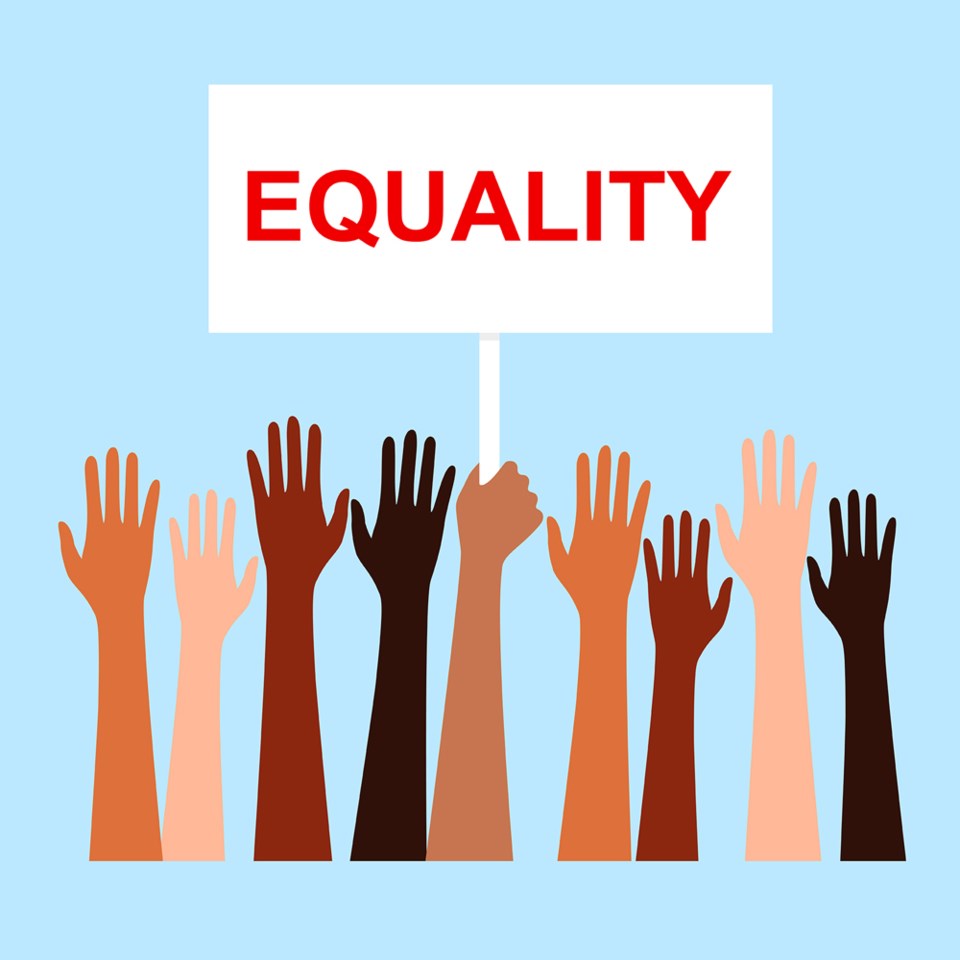Rachel Décoste, a Black Canadian educator, activist, and media critic told The Chief that the press in Canada does a great job of pointing out, dissecting, and putting into context U.S. racism.
Where media gets an “epic F for fail” she says, is in turning the mirror around and looking at what racism looks like at home and at our collective, often racist history.
What white Canadians want to hear is that we are a welcoming and multicultural place and always were, she says.
But that isn’t true for many today and if we study our history, it never really was.
That is a hard pill to swallow for those of us who shape our identity around being better than our neighbours to the south.
But as Décoste also says, it is a truly patriotic act to look at ourselves and start to have difficult conversations around race and prejudice and what that looks like in government, media, schools, police forces, offices and the like.
That conversation was held in a very public way in downtown Squamish on Saturday. Hundreds of attendees heard about the racism faced by locals, as the pain of the injustice they still feel cracked their voices and brought tears to their eyes.
Change doesn’t need to only come to the U.S. It needs to happen here, too — in Canada and in Squamish.
And so difficult conversations need to continue if we are to “reach our full potential,” as Décoste says.
But it doesn’t start with turning to the one Black person on your street, Facebook feed, or at the office, and expecting that person to speak for all Black people or to educate you.
It starts with reading, listening, and, even, just googling Black Canadian history, injustices, anti-racism organizations, and ways forward, as Jazzamyn Walker told the crowd Saturday.
[Through the Squamish library there are tons of books, movies and documentaries that can be a start at squamish.kanopy.com/category/29286.]
Support Black-owned businesses where possible, of course.
And speak up to inequality, even when it appears around the dinner table and among friends.
Through this continuing process, some of us will need to address our so-called “white fragility” — our inability to see our own biases due to our rush to identify ourselves as not racist.
This rush to be defensive blinds us to wrongs that might be right in front of our noses. And that we can perhaps help to fix.
When we don’t know what to say, let’s start by saying that.
With gentle hearts, but determined minds, we must begin this process to learn and grow.
None of us can promise to get it right all of the time, but we have a responsibility to try.
We will all be the better for it.
This paper is your platform too. Use it. Write letters to the editor [[email protected]] and tell us about what changes you would like to see right here in town, to make this a more equitable community.




